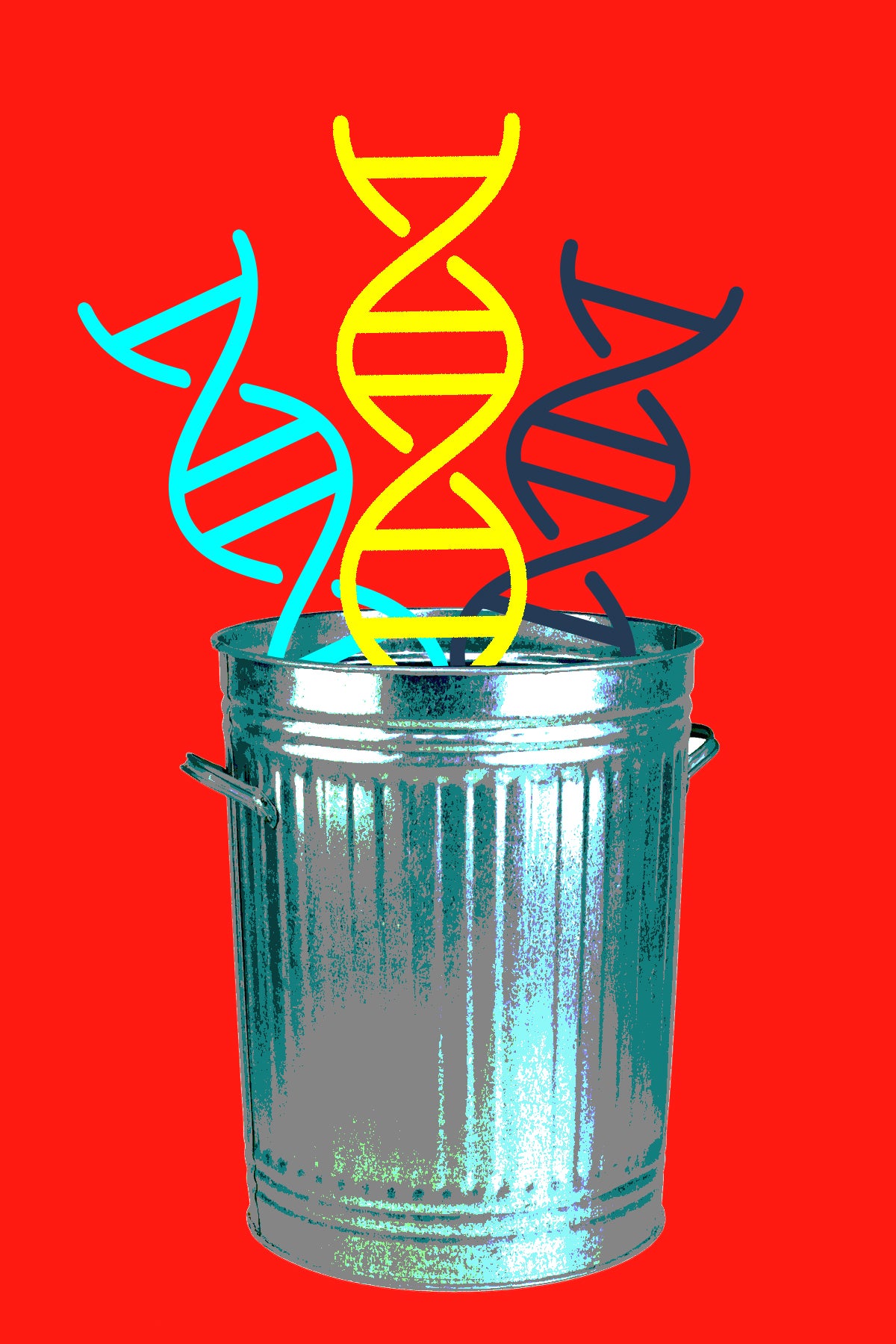Mindful social media use can be beneficial

Can social media be a healthy habit? It’s all in how you use it, according to a study led by Mesfin Awoke Bekalu, research scientist in the Lee Kum Sheung Center for Health and Happiness at Harvard Chan School. He found that routine social media use—for example, checking apps periodically and responding to content that others share—is positively associated with social well-being, positive mental health, and self-rated health.
“We know that having a strong social network is associated with positive mental health and well-being,” Bekalu says. “Routine social media use may compensate for diminishing face-to-face social interactions in people’s busy lives.” It’s when people develop a more emotional connection to social media—for example, checking excessively out of fear of missing out or feeling disconnected from friends when not logged in to social media—he says, that use can become unhealthy. Read more
When denied coverage, many Americans skip prescribed drugs
Nearly half of Americans whose insurance companies deny coverage of a particular drug they need simply go without the drug, according to a recent poll on income inequality in the U.S. from NPR, the Robert Wood Johnson Foundation, and the Harvard Chan School. More than one-third of respondents across all income groups said that, over the previous year, their insurance plan denied coverage for a drug prescribed by a doctor for them or a household member. Among lower-income adults, nearly half said they were denied coverage for a particular drug.
“Insurers are not paying for some drugs that physicians are recommending and that patients think they need,” Robert Blendon, Richard L. Menschel Professor of Public Health and professor of health policy and political analysis, told NPR. “Half of the people who are lower or middle class are not getting them because they can’t afford to go out and pay for them themselves.” Read more
Identifying unmet health needs for adolescents in Sub-Saharan Africa
Adolescents make up 23 percent of sub-Saharan Africa’s population, but understanding and meeting their unique health needs has long been a neglected area.
A new series of papers from the Harvard Chan School and the Africa Research Implementation Science and Education Network, published online January 2020 in a special issue of Tropical Medicine and International Health, aims to help fill that gap. Among the key findings from self-reports from 8,075 adolescents in seven countries were moderate to high rates of inadequate fruit and vegetable consumption, low physical activity, unprotected sex, bullying, and physical fighting.
“Adolescence is a critical window of time, because many of the health conditions and behaviors that develop during this period have lifelong consequences,” says Wafaie Fawzi, Richard Saltonstall Professor of Population Sciences and professor of nutrition, epidemiology, and global health. “Investment in adolescent health globally has triple benefits—to adolescents now and for their life course, as well as for the health and well-being of their future families.” Read more
How so-called junk DNA affects cancer risk
 An often-overlooked component of the human genome may have an unexpected but significant impact on cancer risk and development, according to John Quackenbush, Henry Pickering Walcott Professor of Computational Biology and Bioinformatics and chair of the Department of Biostatistics. In a study published in the British Journal of Cancer, he and his colleagues found that noncoding DNA—sometimes referred to as “junk DNA”—plays an important role in regulating gene expression.
An often-overlooked component of the human genome may have an unexpected but significant impact on cancer risk and development, according to John Quackenbush, Henry Pickering Walcott Professor of Computational Biology and Bioinformatics and chair of the Department of Biostatistics. In a study published in the British Journal of Cancer, he and his colleagues found that noncoding DNA—sometimes referred to as “junk DNA”—plays an important role in regulating gene expression.
“The noncoding elements of the genome help makes us who we are, including helping to determine our individual risk for developing cancer,” Quackenbush says. He notes that the new findings could help explain variations in cancer incidence and also improve predictions of which individuals are likely to respond to different therapies. Read more
An egg a day is ok for the heart
 Consuming up to one egg per day does not appear to be associated with cardiovascular disease (CVD) risk, according to Harvard Chan School researchers. While the relationship between egg consumption and CVD has been a topic of intense debate in the scientific community in recent years, the new findings back up a 1999 study—the first major analysis of its kind—led by Frank Hu, Fredrick J. Stare Professor of Nutrition and Epidemiology and chair of the Department of Nutrition. Hu co-authored the new study, which was published in March in BMJ. Read more
Consuming up to one egg per day does not appear to be associated with cardiovascular disease (CVD) risk, according to Harvard Chan School researchers. While the relationship between egg consumption and CVD has been a topic of intense debate in the scientific community in recent years, the new findings back up a 1999 study—the first major analysis of its kind—led by Frank Hu, Fredrick J. Stare Professor of Nutrition and Epidemiology and chair of the Department of Nutrition. Hu co-authored the new study, which was published in March in BMJ. Read more
Cervical cancer elimination possible within two decades in the U.S.
Scaling up cervical cancer screening coverage in the U.S. to 90 percent could speed elimination of the disease and avert more than 1,000 additional cases per year, according to a new study led by researchers from Harvard Chan School. Their modeling study found that achieving this goal would be the most effective way to accelerate elimination, compared with current levels of screening and human papillomavirus (HPV) vaccination.
“Although HPV vaccination will be a major contributor to reducing cervical cancer over time, we found that in the immediate term, screening continues to play a critical role in reducing the burden of cervical cancer in [the] U.S.,” says Emily Burger, a research scientist in the Center for Health Decision Science at Harvard Chan School, who co-led the study, published in The Lancet Public Health. Read more
Microbial toxin found in Juul’s nicotine vaping liquids
E-cigarette products made by Juul Labs were contaminated with the microbial toxin glucan, which can cause long-term lung damage, according to a study coauthored by David Christiani, Elkan Blout Professor of Environmental Genetics, and Mi-Sun Lee, research associate in the Department of Environmental Health. They analyzed Juul pods—the cartridges used with e-cigarettes that contain a liquid mixture of nicotine, flavorings, and other chemicals—and found that 46 percent of the samples contained detectable levels of fungal- derived glucan. Read more
Images: Cultura Creative (RF) / Alamy Stock Photo; Anne Hubbard / Harvard Chan; iStock / sivapat tacomesorn; Sergey Nazarov / Alamy







